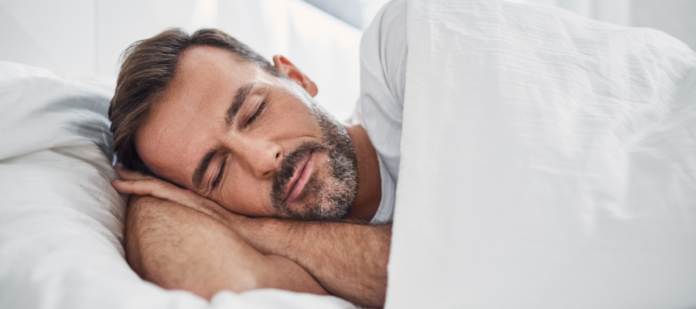Citation: ©[baranq]/Adobe Stock
Never underestimate the importance of a good night’s sleep. Not getting enough sleep can have several negative health effects such as weight gain, weakened immune system, and decreased brain function. If you are struggling to get in your 8 hours each night, these tips for getting a better night’s sleep could help.
Reduce Blue Light Exposure Before Bed
Your smartphone could be the cause of sleepless nights due to the blue light it emits. Blue light tricks your body into thinking that it is daytime which makes it hard to fall asleep if you expose yourself to it before bed. Many electronic devices emit this type of light, such as computers, televisions, and smartphones. Unplugging at least two hours before going to bed will make it easier for you to catch some Z’s.
Limit Alcohol Consumption
Regular consumption of alcohol can alter your nighttime melatonin production which plays a key role in regulating sleep-wake cycles. In addition, it is known to increase your chances of developing sleep apnea and disordered sleep patterns. Limiting your alcohol intake or cutting it out altogether could significantly improve the quality of your sleep.
Create a Quiet and Cool Bedroom Atmosphere
For optimal sleep, you should keep your bedroom environment between 60 and 67 degrees Fahrenheit. In addition, you should make sure that your room is free of distracting light and noises which could disrupt your sleep. Ear plugs, blackout curtains, and fans could all help you create a better sleeping environment.
Exercise Regularly
Scientists have proven that regularly exercising during the day can improve sleep quality and one’s ease of falling asleep. While vigorous exercise will give you more powerful sleep benefits, even light exercise such as a short walk can help improve your overall sleep quality. To avoid disrupting your sleep schedule, it is best to exercise in the morning or afternoon.
By integrating these tips for getting a better night’s sleep into your daily routine, you will increase your chances of developing a healthier and more-regular sleep schedule.





















